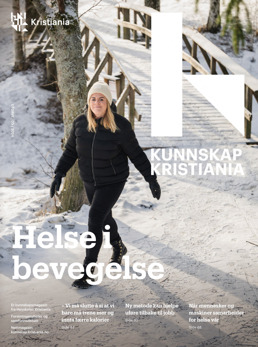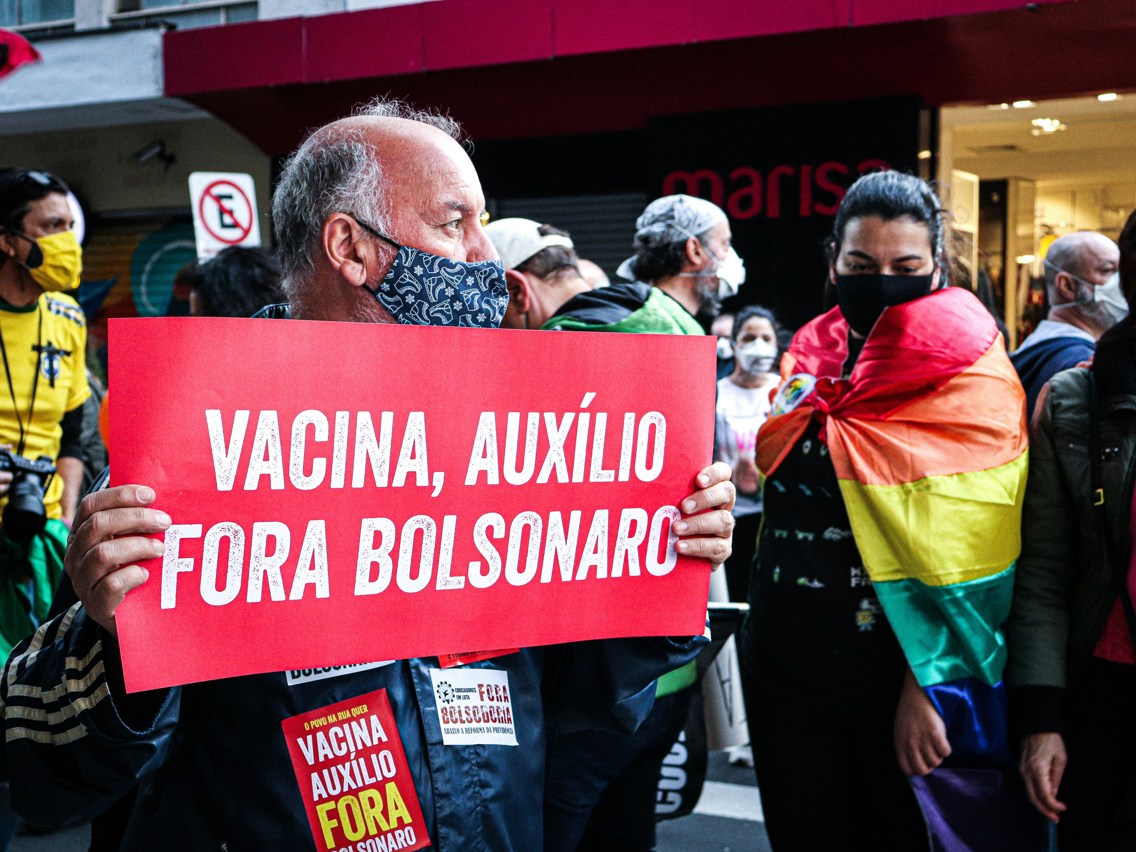The pervasive dangers of autocratic responses to crises
SCIENCE NEWS FROM KRISTIANIA: Adnan Kisa on global responses to crises
Although Brazil and Turkey captured international attention with their audaciously autocratic responses to COVID-19, it's imperative to underscore that analogous trends have permeated throughout various countries across the globe.
In numerous nations, leaders have adeptly manipulated the crisis as a potent pretext to constrict civil liberties, mute opposition, and consolidate power in an autocratic fashion. Quite frequently, these leaders have intentionally downplayed the pandemic's severity, disseminated misinformation, and utilized a palette of divisive rhetoric.
Such tactics not only impedingly obfuscated effective pandemic response, but also significantly eroded trust within public institutions.
The erosion of democratic norms
In Hungary, for instance, Prime Minister Viktor Orbán strategically utilized the pandemic to push through emergency legislation, rendering him the power to rule indefinitely by decree. Though ostensibly framed as a responsive measure to the crisis, it has tangibly undermined democratic checks and balances, fostering pervasive concerns about Hungary's future trajectory as a democratic state.

Meld deg på vårt nyhetsbrev
In the Philippines, President Rodrigo Duterte implemented a stringent lockdown, endowing security forces with sweeping powers to enforce quarantine measures, which critics argue were astutely used to suppress dissent and strategically target political adversaries.
Nationalism and the blame game
Various leaders have resorted to wielding nationalism, framing the pandemic as an external threat and strategically orchestrating a blame game. Such an approach often involved deftly deflecting blame onto other nations, thereby diverting attention from domestic failures in managing the pandemic response effectively.
Globally, governments have enforced stringent crackdowns on opposition and insidiously restricted freedom of speech during the pandemic
Former President Donald Trump's articulation of the "China virus" exemplifies this strategic tactic, wherein he incessantly blamed China for the virus's spread. Analogously, leaders in Russia and India have employed nationalist narratives to overshadow their governments’ respective shortcomings.
Suppressing dissent and underreporting cases
Globally, governments have enforced stringent crackdowns on opposition and insidiously restricted freedom of speech during the pandemic. Public demonstrations were often outright banned or met with unabated force in a myriad of countries, thereby inhibiting the potential for dissident voices to be heard and their concerns aired.
Another alarming trend was the conspicuous underreporting of COVID-19 cases and deaths. In some instances, governments intentionally manipulated data to downplay the scale of the crisis, impeding global efforts to combat the virus effectively.

Les temautgaven
International collaboration remains crucial
Autocratic responses to the pandemic have also manifested questions regarding the role of international organizations. On several fronts, leaders have questioned the credibility and validity of global health authorities like the World Health Organization (WHO), veering toward more isolationist approaches. In Brazil and Turkey, debates concerning withdrawal from international organizations and dependence on national expertise for pandemic response emerged. This palpable shift away from international cooperation could spell formidable implications for managing future global health crises.
The covid-19 pandemic has unveiled the pervasive dangers of autocratic responses to crises in disparate parts of the world. Leaders prioritizing their parochial interests over public health and democratic norms perilously undermine the foundational pillars of stable governance and international cooperation.
To adeptly address the multifaceted challenges posed by future pandemics, it is fundamentally essential for leaders to valorize transparency, instill trust in scientific expertise, and ardently protect democratic institutions. The importance of international collaboration remains crucial, as pandemics inherently transcend national borders.
As starkly witnessed in nations such as Brazil and Turkey and echoed in other countries, autocratic approaches during crises serve as a poignant reminder of the quintessential importance of staunchly upholding democratic values, respecting human rights, and preserving the integrity of robust public health systems.
This text was published at Science Norway on the 5th of April, titled "The Covid-19 pandemic has unveiled the pervasive dangers of autocratic responses to crises"
References:
Gulseven E. (2021). Identity, Nationalism and the Response of Turkey to COVID-19 Pandemic. Chinese Political Science Review. 6(1):40–62. doi: 10.1007/s41111-020-00166-x.
Kisa, A. (2023). A Comparison of the Authoritarian Strategies Used by Brazil and Turkey to Tackle the COVID-19 Crisis. Journal of Applied Business and Economics, 25(4). https://doi.org/10.33423/jabe.v25i4.6348
Kisa, A. (2021). Turkey’s COVID-19 strategy: “the west is jealous of us”. Journal of Public Health Policy, 42(4), 612-621. https://doi.org/10.1057/s41271-021-00314-w.
Lasco, G. (2020). Medical populism and the COVID-19 pandemic. Global Public Health, 15(10), 1417-1429. https://doi.org/10.1080/17441692.2020.1807581.
Ortega, F., & Orsini, M. (2020). Governing COVID-19 without government in Brazil: Ignorance, neoliberal authoritarianism, and the collapse of public health leadership. Global Public Health, 15(9), 1257-1277. https://doi.org/10.1080/17441692.2020.1795223.
We love hearing from you:
Send your comments and questions regarding this article by e-mail to kunnskap@kristiania.no.
Siste nytt fra Kunnskap Kristiania
 Kunnskap KristianiaLes mer
Kunnskap KristianiaLes merHva er god utdanning?
I Kunnskap Kristianias nye temautgave har vi invitert forskere og undervisere til å reflektere rundt hvordan vi lærer, og hvordan god utdanning formes. Kunnskap KristianiaLes mer
Kunnskap KristianiaLes merFred for enhver pris?
Kjære Nobelkomité: Det finnes tider da dere ikke bare deler ut en pris, men skriver i verdens moralske grunnbok. Kunnskap KristianiaLes mer
Kunnskap KristianiaLes merShort exchange programmes provide meaningful learning experiences
By participating in an exchange programme, students develop skills such as critical thinking, empathy and intercultural understanding. Kunnskap KristianiaLes mer
Kunnskap KristianiaLes merBlack Friday: kjøpefest eller klimaskam?
Adventstiden handler ikke bare om lys og forventning. Den handler like mye om handelens egen høytidsdag.

Meld deg på vårt nyhetsbrev


